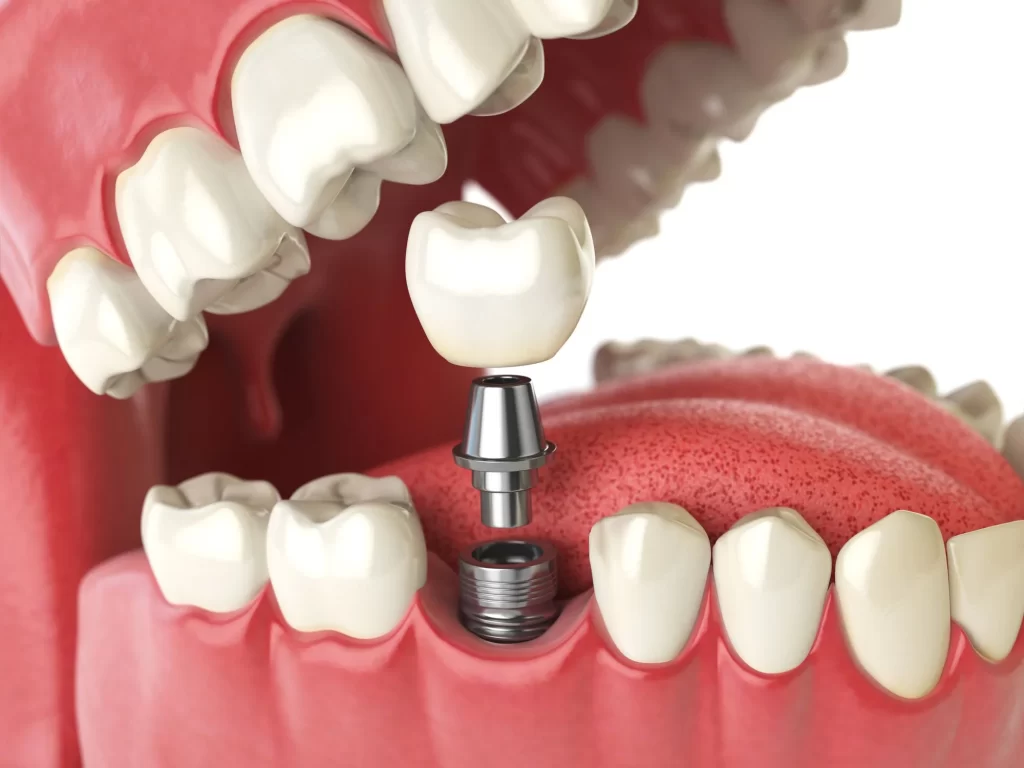Dental Services
Dental Root Canals

About Root Canals
A dental root canal is a procedure used to treat infection at the center of a tooth (the root canal system). It involves the removal of infected or damaged pulp, cleaning and disinfecting the inner chamber, and then filling and sealing the tooth to prevent further infection. The goal of a root canal is to save a tooth that might otherwise need to be extracted due to decay or infection.
The Root Canal Procedure
- Diagnosis and Preparation: The dentist will take X-rays to determine the extent of the infection and will administer local anesthesia to numb the area.
- Access Opening: A small opening is made in the crown of the tooth to access the pulp chamber.
- Cleaning and Shaping: The infected or dead pulp is removed, and the root canals are cleaned, shaped, and disinfected.
- Filling the Canals: The cleaned canals are filled with a biocompatible material called gutta-percha, which seals the canals to prevent reinfection.
- Restoration: A temporary or permanent filling is placed on the tooth. Often, a crown is recommended to protect the tooth and restore its function.
Frequently Asked Questions
With modern dental techniques and anesthesia, a root canal procedure is generally no more painful than getting a filling. Any discomfort felt after the procedure can usually be managed with over-the-counter pain medications.
Symptoms indicating a need for a root canal include severe tooth pain, prolonged sensitivity to hot or cold, discoloration of the tooth, swelling and tenderness in nearby gums, and a recurring pimple on the gums. However, only a dentist can provide a definitive diagnosis.
The duration of a root canal procedure varies but typically takes about 60 to 90 minutes. Depending on the complexity, some cases might require multiple visits.
Delaying or avoiding a root canal can lead to the spread of infection, which can result in severe pain, swelling, and eventually the loss of the tooth. Infections can also spread to other parts of the body, leading to more serious health issues.
While root canal treatment is highly effective, it is possible for a tooth to become reinfected if there is a leak in the filling or crown, or if the tooth develops a new cavity or fracture. Good oral hygiene and regular dental check-ups can help prevent this.
After a root canal, it’s important to maintain good oral hygiene by brushing and flossing regularly, avoid chewing on hard foods until the tooth is fully restored, and visit your dentist for follow-up appointments. If a crown was placed, it may need to be checked periodically to ensure it remains intact and functional.
Nomad Dental Centre
We understand just how closely connected oral health is to your overall health, confidence, and appearance, and we pride ourselves on cultivating a friendly, upbeat dental environment where you can always feel comfortable in our care.
Our Newsletter
Services
Address
- P.O. BOX 781-10100
- Peak Business center,
- 1st Floor. Nyeri, Kenya
Email Us
- info@nomaddental.com
- sales@nomaddental.com
Contacts
- Tel: 061 2034799
- Tel: 0738 171 377
